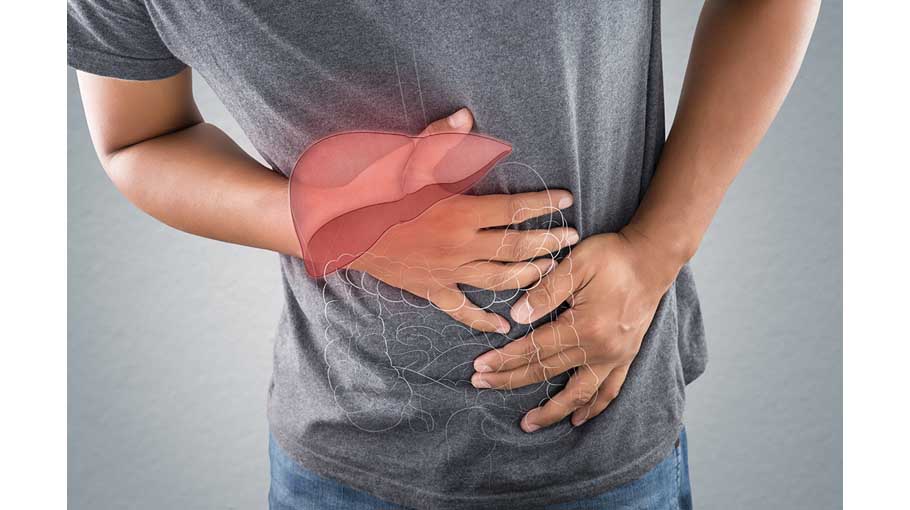Causes of liver disease (part 2)

Infection:
Parasites and viruses can infect the liver, causing inflammation that reduces liver function. The viruses that cause liver damage can be spread through blood or semen, contaminated food or water, or close contact with a person who is infected. The most common types of liver infection are hepatitis viruses, including:
• Hepatitis A
• Hepatitis B
• Hepatitis C
Immune system abnormality:
Diseases in which your immune system attacks certain parts of your body (autoimmune) can affect your liver. Examples of autoimmune liver diseases include:
• Autoimmune hepatitis
• Primary biliary cholangitis
• Primary sclerosing cholangitis
Genetics:
An abnormal gene inherited from one or both of your parents can cause various substances to build up in your liver, resulting in liver damage. Genetic liver diseases include:
• Hemochromatosis
• Wilson's disease
• Alpha-1 antitrypsin deficiency
Cancer and other growths
• Liver cancer
• Bile duct cancer
• Liver adenoma
Other additional, common causes of liver disease include:
• Chronic alcohol abuse
• Fat accumulation in the liver (nonalcoholic fatty liver disease)
• Certain prescription or over-the-counter medications
• Certain herbal compounds
Courtesy: Mayo Clinic
Related News: Liver disease, its symptoms (part 1)
Related News: Risk factors, prevention for liver disease (part 3)




